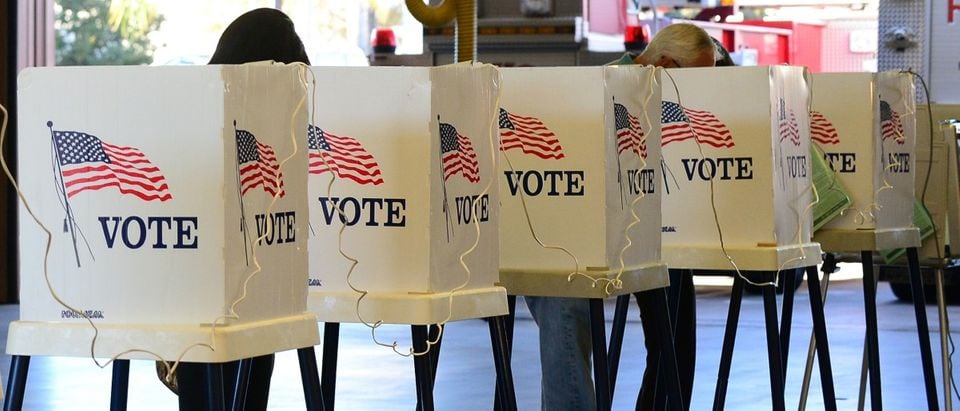West Virginia Democratic Gov. Earl Ray Tomblin vetoed a bill Thursday aimed at outlawing mandatory union dues, but supporters still have a chance of overriding his block.
The policy is more commonly known as right-to-work and thus far it has been passed in 25 states. West Virginia Republicans made it a priority after securing the legislature in November 2014. Their measure was introduced Jan. 13 on the first day of the 60-day legislative session and it has since passed the state legislature.
“I dispute that West Virginia needs a right-to-work law,” Tomblin said in a statement. “The issue of right to work has been discussed for a number of years, but I have never had a company cite right to work as a barrier to relocating to West Virginia. We do not lack prospects. Our issues are best addressed by improving our workforce and creating new development opportunities.”
The veto doesn’t mean the measure is dead but it has set it back significantly. Supporters in the legislature will now have to get enough votes to override the veto. Veto overrides in a lot of states require a super majority of two-thirds to be successful but fortunately for supporters in West Virginia, they will only need a simple majority because the bill is not tied to the budget.
“Since becoming governor in 2010, West Virginia has welcomed more than $10 billion in new investments and expansion projects,” Tomblin also noted. ” I do not believe West Virginia needs a right-to-work law, a law that would lead to little if any economy growth and may lower the wages of West Virginia workers.”
The measure attracted adamant support and opposition from across the state and even nationally. Americans for Prosperity West Virginia launched a media campaign in support of the policy. The free-market advocacy group also sent out letters urging lawmakers to support the measure. The West Virginia AFL-CIO launched their own campaign in opposition.
Supporters argue the policy can help attract businesses while holding unions accountable to their members. They hope the policy will help reverse decades of bad economic policies enacted under previous Democratic control. Critics, however, dispute the claim by noting the policy makes it much more difficult for workers to advocate for themselves while doing nothing to attract businesses.
Tomblin also vetoed a measure that would have repealed the state prevailing wage law. Those opposed claim the policy benefits unions because it sets wages and benefits for public projects usually at a rate union contracts dictate. The policy impede nonunion companies from competing at a lower cost for government contracts.
All content created by the Daily Caller News Foundation, an independent and nonpartisan newswire service, is available without charge to any legitimate news publisher that can provide a large audience. All republished articles must include our logo, our reporter’s byline and their DCNF affiliation. For any questions about our guidelines or partnering with us, please contact licensing@dailycallernewsfoundation.org.


